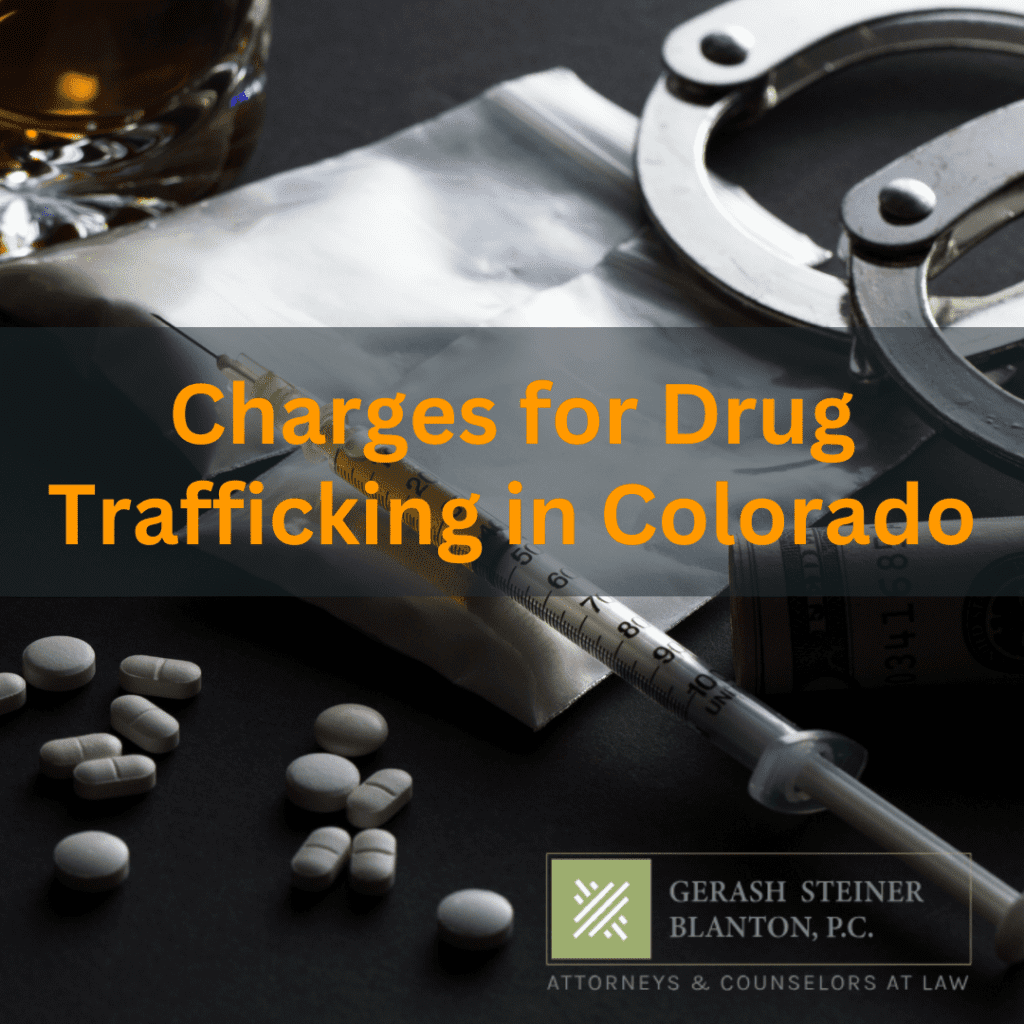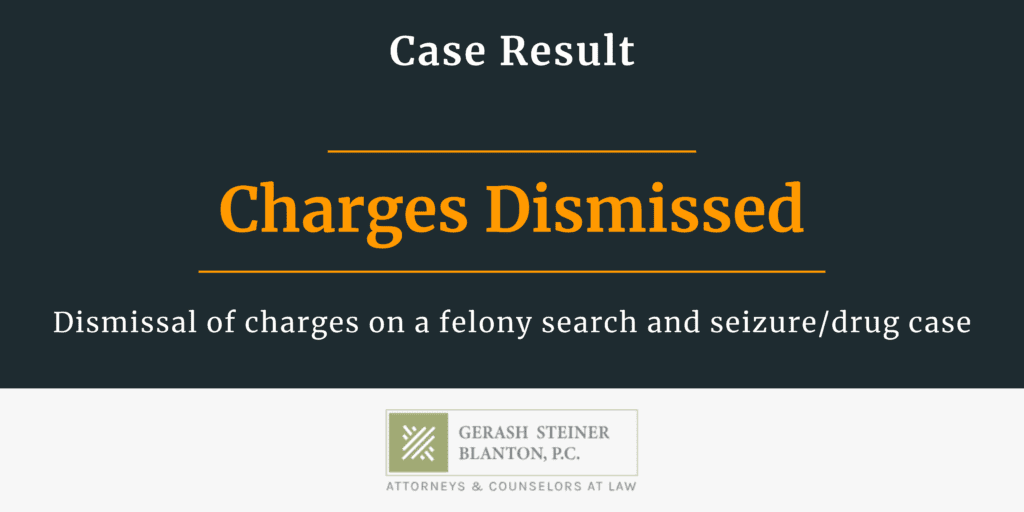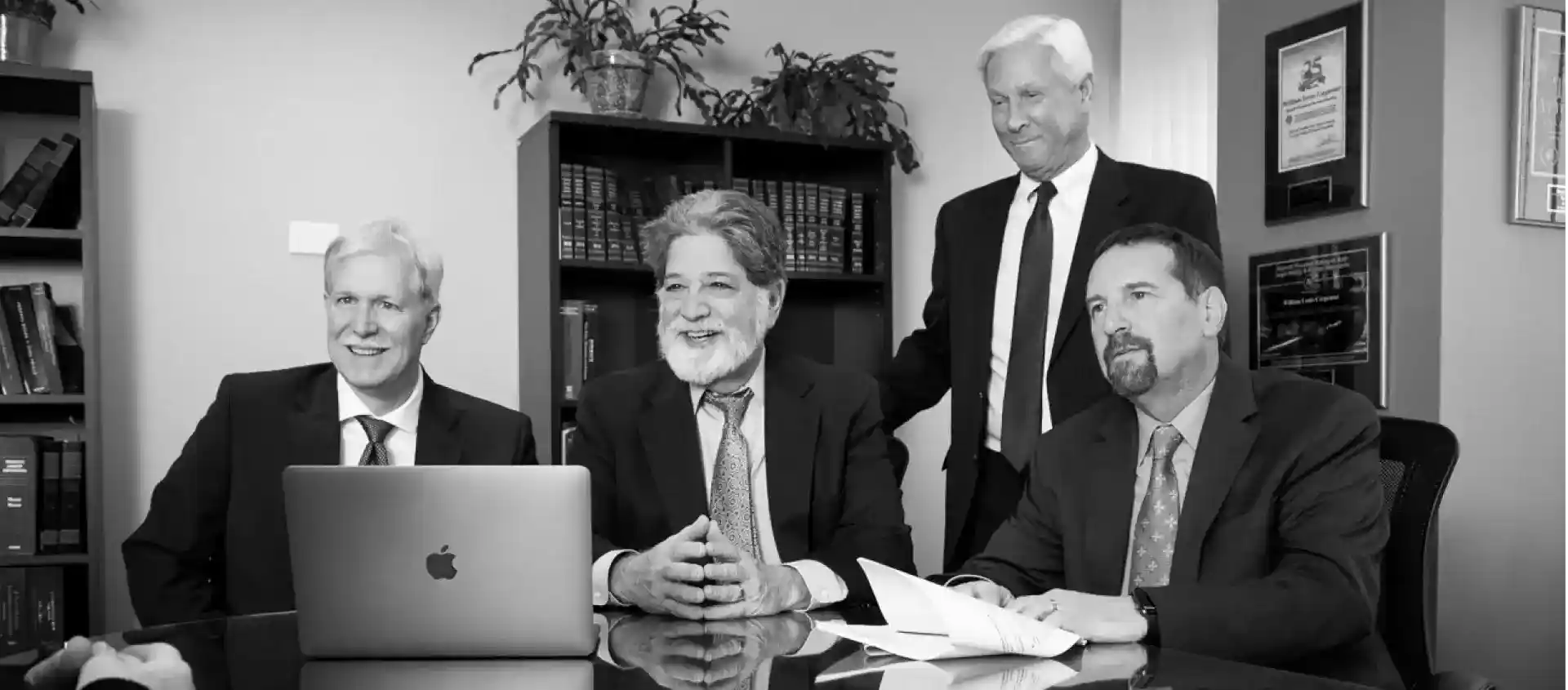Drug trafficking is a serious offense in Colorado. A conviction of trafficking drugs in Colorado could lead to a long prison sentence and have other consequences that could ruin your life. You need an advocate, a lawyer who knows how to fight tough cases to help you get the best result possible.
Do you know where to turn to in Colorado for help beating your drug charges? A lawyer with decades of trial experience who is not afraid to fight for you in court gives you the best chance to protect yourself and your rights. Our trial attorneys at Gerash Steiner, P.C., believe everyone deserves an advocate and a voice. They are fully prepared to take a stand and always have your best interests in mind.
What Is Drug Trafficking?

Drug trafficking means possessing, selling, or transporting a large amount of narcotics from one place to another. The term drug trafficking also includes importing illegal narcotics from outside of Colorado into the state.
Many states and the federal government have drug trafficking statutes. These laws determine the severity of the punishment by the weight of the drugs involved. Colorado has a similar law, although the Colorado drug crimes statute does not refer to drug trafficking by name. Instead, Colorado law criminalizes behavior such as manufacturing, dispensing, or selling illicit narcotics. The law also prohibits possessing narcotics with the intent to manufacture, distribute, or sell them. Also, possessing one or more chemicals or supplies with the intent to manufacture drugs falls under Colorado’s drug trafficking law. Marijuana does not fall under this law.
What Is at Stake in a Colorado Drug Trafficking Case?
Your freedom is at stake if the State charges you with drug trafficking. Colorado has strict punishments for drug charges, and you could go to prison for a long time if you get convicted. So what are the charges for drug trafficking in Colorado?
Colorado’s drug laws categorize drug crimes according to felony drug levels. The level of drug felony depends on the amount and type of drug.
Level 1 Drug Felony
A level 1 drug felony is any amount of narcotics or mixture of narcotics that weighs:
- Two hundred twenty five grams or greater of a schedule I or schedule II drug;
- Over 112g or greater of heroin, ketamine, methamphetamine, or cathinones;
- Over 50mg of flunitrazepam;
- Transferring a drug to a minor;
- More than 50 pounds of marijuana; or
- Over 25 pounds of marijuana concentrate.
The potential punishment is eight to 32 years in prison.
Level 2 Drug Felony
A level 2 felony is any narcotic or a mixture of narcotics that weighs:
- Fourteen grams to 225g of a schedule I or schedule II drug;
- Seven grams to 112g of heroin, ketamine, methamphetamine, or cathinones;
- Ten grams to 50g of flunitrazepam;
- Five to 50 pounds of marijuana; or
- Two and a half to 25 pounds of marijuana concentrate.
The maximum prison sentence is four to 16 years in prison.
Level 3 Drug Felony
A level 3 drug felony pertains to any drug or mixture that weighs:
- Up to 14g of schedule I or II drugs;
- Up to seven grams of heroin, methamphetamine, ketamine, or cathinones;
- No more than 10g of flunitrazepam;
- More than four grams of a schedule III or IV drug; or
- Twelve ounces to five pounds of marijuana or six ounces to two and a half pounds of marijuana concentrate.
The penalty for a level 3 drug felony falls between two and six years in prison.
Level 4 Drug Felony
Level 4 drug felonies only pertain to marijuana weighing between four to 12 ounces or two to six ounces of marijuana concentrate. The penalty for this crime ranges from six months in jail to two years in prison.
Level 1 Drug Misdemeanor
A level 1 drug misdemeanor relates to possession of a schedule V drug or transferring a schedule III or IV drug without selling it. Additionally, possessing less than four ounces of marijuana or less than two ounces of marijuana concentrate is also considered a level 1 drug misdemeanor. The penalty for this offense ranges between six and 18 months in jail.

What Should You Do If You Get Drug Trafficking Charges in Colorado?
One of the first things you need to do is get a reputable and experienced lawyer on your side as fast as you can. Even if the police have you under investigation and have not yet filed charges, you should contact an attorney. Having an attorney by your side can prevent you from making a mistake that could hurt your future and jeopardize your freedom.
If you are in a situation where there is no time to have a lawyer present, there are a few things to remember when police investigate you for drug crimes. The first thing to remember is that anything you say can, and will, be evidence used against you in court. Talking almost never helps you, even if you think it will “help clear things up.” You should remain silent and insist that you have a lawyer present during questioning.
You should never consent to a search. Instead, make the police produce a search warrant. If they have a search warrant, you should ask to read it. They might try to convince you to admit that you have drugs in your home or car by telling you they will rip your place apart unless you tell them where you hid the drugs. Asking you to cooperate is their way of getting you to waive your rights. It’s a trap—don’t fall for it.
What Can an Experienced Lawyer Do for You?
An experienced lawyer knows how to analyze your case to find the best defenses available to you.
A skilled attorney will:
- Advise you of your rights;
- Inform you about the potential consequences of a conviction;
- Obtain discovery from the prosecutor;
- Collect all of the evidence you need to defend yourself;
- Negotiate with the prosecution for a reduced sentence, if applicable;
- Draft and argue pre-trial motions such as motions to suppress and motions to dismiss;
- Investigate potential third parties who might be involved; and
- Assert all possible defenses at trial.
Every case is different. Your Colorado drug crimes lawyer will discuss the merits of each option with you.
Facing Drug Trafficking Charges in Colorado? We Can Defend You
Your biggest asset is only a phone call away. Choosing Gerash Steiner, P.C. means you will always have attorneys with your best interests in mind by your side. No matter the situation, they are prepared to fight for you. Contact us today to speak with an attorney who is fully equipped to fight for you.

